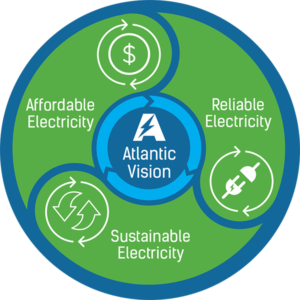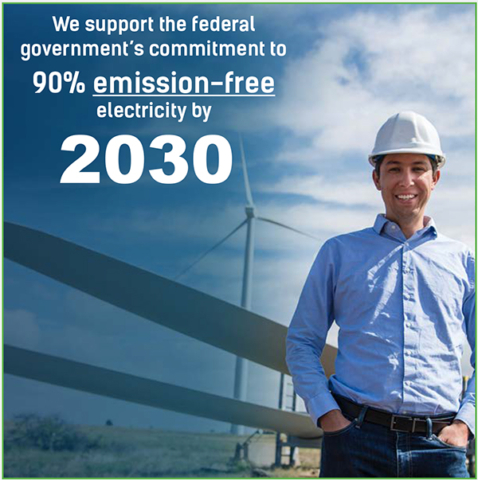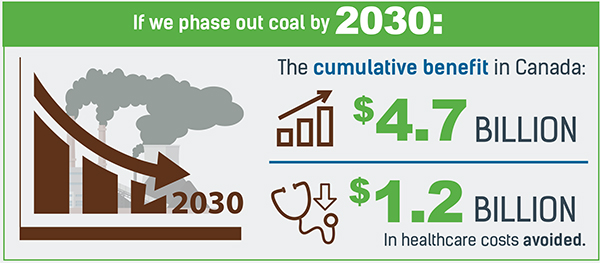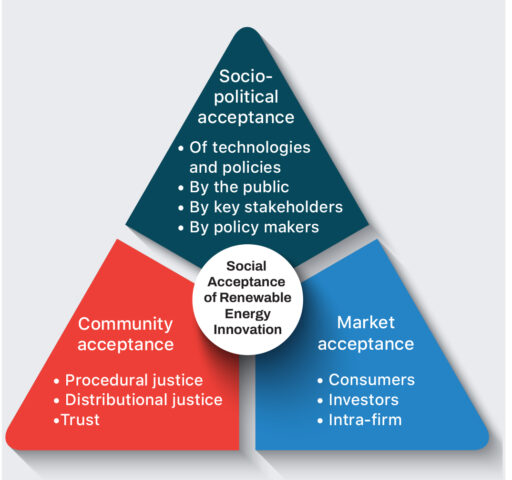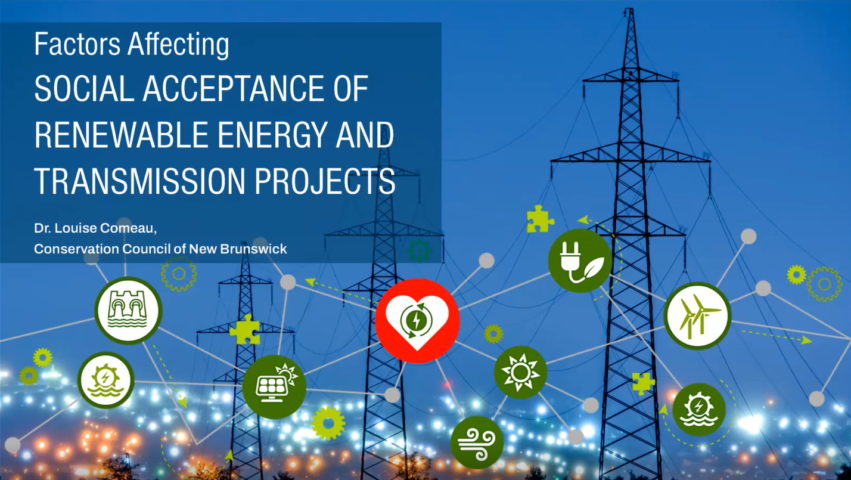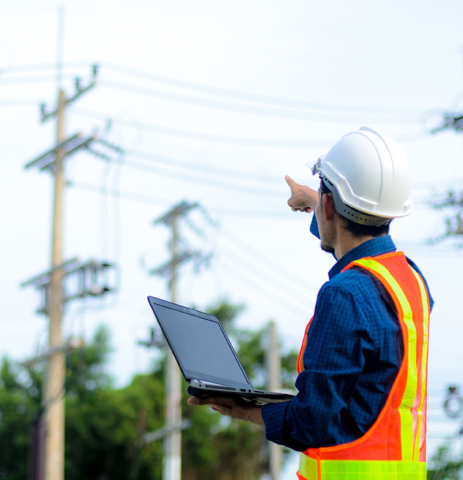Households generally spend about three per cent of after-tax income on energy, including home heating and cooling, lights and appliances, and transportation.
Many households spend more, which can be cause for concern. A household
that spends six per cent or more of after-tax income on energy, for example, may face hard choices about how to budget household expenses.
Researchers call this energy poverty.
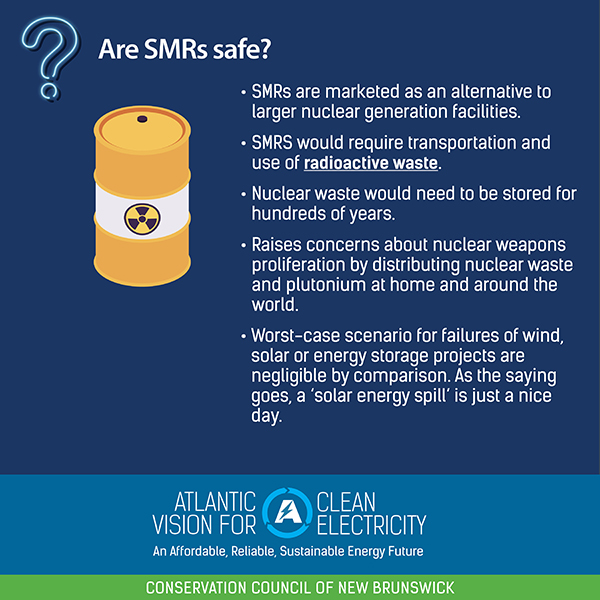
According to Natural Resource Canada’s Small Modular Nuclear Reactor Roadmap, if New Brunswick moves forward with SMRs, we could wait until 2030 or later to see electricity on the grid from these experimental projects. To act on climate change, and to reach the global target of reducing warming below 1.5°C, New Brunswick needs to act quickly to phase out coal electricity by 2030 or sooner.
View this factsheet on Small Nuclear reactors in New Brunswick
The Belledune Generating Station is responsible for 13 percent of New Brunswick’s total emissions. Promoting biomass as a solution to large-scale electricity generation could increase demand, and in turn, increase unsustainable forestry practices. By switching to non-polluting sources of energy like solar and wind instead of singular solutions like burning biomass, we can support sustainable forestry practices that help stabilize our climate.
View this factsheet.We are told that shipping liquified methane gas to Europe can address energy supply issues due to the Russian invasion of Ukraine. We are told we could convert the Saint John Liquefied Natural Gas (LNG) plant from an import facility to an export facility within three years.
We are told that there could be economic development if we lift the province’s shale gas moratorium to speed up the process and make the conversion more cost-effective relative to other methane gas supply and pipeline options. The Premier also says New Brunswick can advance energy transition by converting the LNG export terminal to hydrogen in the future and that it could “easily be converted.”
But are all these arguments factual?
View this factsheet.Technologies such as wind turbines, solar panels, and batteries for electric vehicles require significant mineral inputs. Yet, their associated climate impact. It is crucial that the transition to a sustainable economy is fair for workers and Indigenous communities, here and abroad. A green economy in New Brunswick and Canada should not come at the expense of the rights of Indigenous communities or their land anywhere on Earth.
View this factsheet.The transportation sector, which includes our vehicles, cars, industrial trucks, and so on, accounts for 29 percent of New Brunswick’s total emissions, but our own personal vehicles account for 70 percent of that total. That’s two million tonnes of greenhouse gases (GHGs) from New Brunswick alone every year. By switching to electric vehicles, trucks and transit, we can reduce the amount of pollution in our air and stabilize our climate.
View this factsheet.School buses in New Brunswick account for 30 percent of the province’s fleet of government-owned vehicles. That’s a significant portion of the provincial government’s vehicle emissions and resulting air pollution that can be prevented every year. By switching to electric school buses, we can reduce the amount of air pollution our children are exposed to and stabilize our climate.
View our factsheet on shift to electric buses in N.B.
View our case study on P.E.I.’s Electric School Bus Build-Up
See our full list of resources on electric school buses in N.B.

